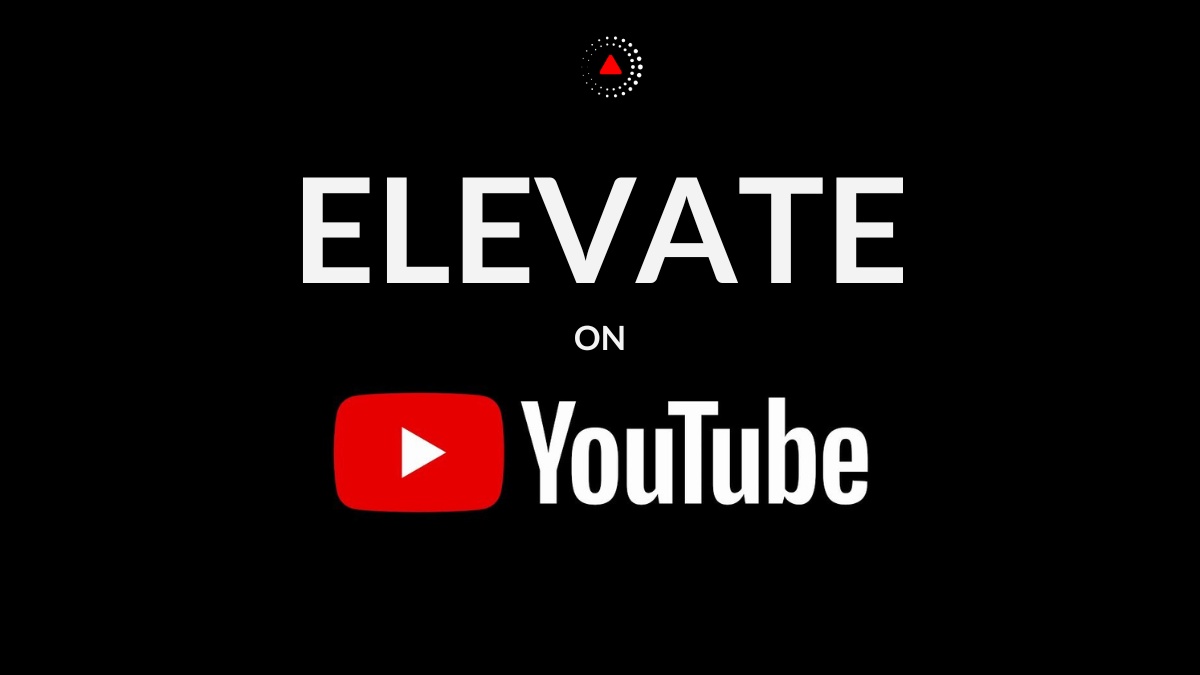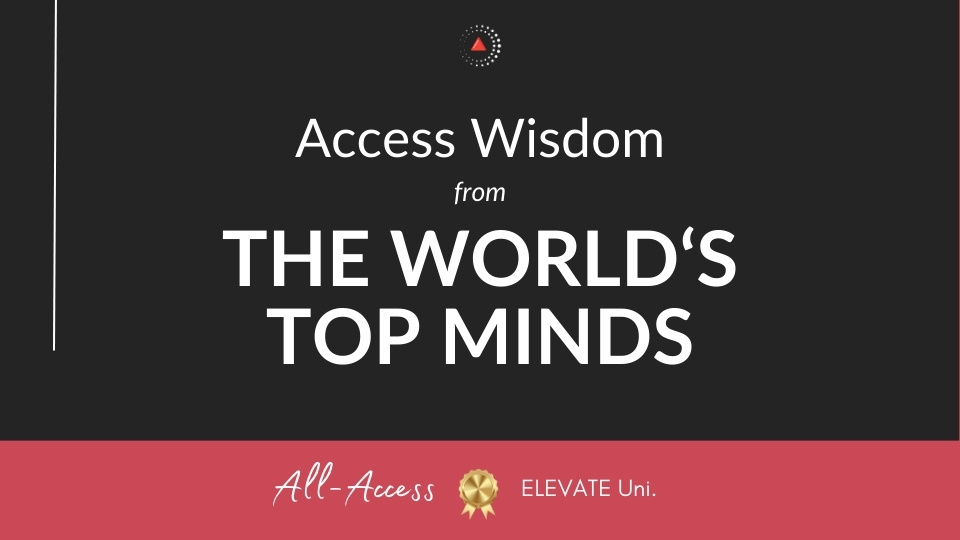There’s an infinite amount of hope but not for us.
What's the meaning of this quote?
Quote Meaning: The quote "There's an infinite amount of hope but not for us" encapsulates a poignant perspective on the nature of hope and its perceived accessibility. At its core, the quote reflects a paradoxical interplay between the vastness of hope and its perceived unattainability for certain individuals or groups. It suggests a duality wherein hope, seemingly boundless and omnipresent, remains elusive or unattainable for those who feel disconnected from its promise.
The notion of infinity, as invoked in the quote, conjures images of boundless possibility and potential. Infinity represents a concept beyond limitation or constraint, suggesting an endless array of opportunities and outcomes. In this context, the quote posits that hope itself is inexhaustible, existing in abundance throughout the universe. It implies that hope is an intrinsic facet of the human experience, pervading even the darkest corners of existence with its light.
However, the qualifier "but not for us" injects a somber note into the overarching sentiment of hopefulness. It introduces a discordant element that disrupts the harmonious notion of boundless hope, signaling a rupture in the relationship between hope and the individuals or group it purportedly excludes. This phrase conveys a sense of resignation, implying that despite the infinity of hope, its benefits or assurances remain elusive or inaccessible to a particular demographic or circumstance.
The interpretation of "us" within the context of the quote is open to subjective interpretation, as it can encompass various identities, communities, or individuals. "Us" may refer to marginalized groups, disenfranchised individuals, or those who have been historically marginalized or overlooked by systems of power and privilege. It may encapsulate the collective struggles and shared experiences of those who have faced systemic barriers to realizing their aspirations and dreams.
The juxtaposition of boundless hope and its perceived inaccessibility for certain individuals underscores the complexities inherent within the human condition. It highlights the disparities that exist within society, wherein the promise of hope remains unevenly distributed among its members. While some may bask in the glow of optimism and possibility, others may find themselves relegated to the shadows of despair and disillusionment.
Moreover, the quote invites contemplation on the subjective nature of hope and its significance within the framework of personal belief systems and existential philosophies. It prompts individuals to interrogate their own relationship with hope, examining the extent to which it informs their perceptions of the world and their place within it. By acknowledging the existence of infinite hope while simultaneously acknowledging its perceived unattainability, the quote fosters introspection and critical engagement with the complexities of human experience.
In essence, the quote "There's an infinite amount of hope but not for us" serves as a poignant meditation on the paradoxes of hope, encapsulating the tension between its boundless potential and its uneven distribution within society. It challenges individuals to confront the disparities that exist within the human experience while beckoning them to contemplate the transformative power of hope in navigating the tumultuous terrain of existence.
Who said the quote?
The quote "There's an infinite amount of hope but not for us." is often attributed to Franz Kafka (Quotes). Franz Kafka was an influential Czech-born writer known for his surreal and existential works, such as "The Metamorphosis" and "The Trial."
Chief Editor
 Tal Gur is an author, founder, and impact-driven entrepreneur at heart. After trading his daily grind for a life of his own daring design, he spent a decade pursuing 100 major life goals around the globe. His journey and most recent book, The Art of Fully Living, has led him to found Elevate Society.
Tal Gur is an author, founder, and impact-driven entrepreneur at heart. After trading his daily grind for a life of his own daring design, he spent a decade pursuing 100 major life goals around the globe. His journey and most recent book, The Art of Fully Living, has led him to found Elevate Society.

























